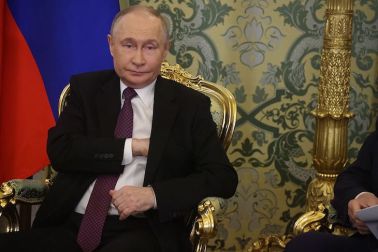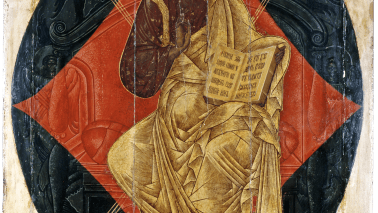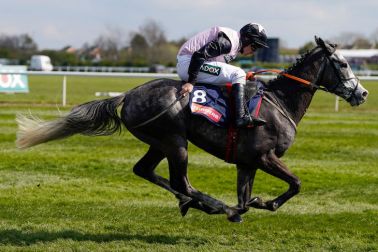Two salient facts define the national political predicament this autumn. The first is a growing sense of disquiet about Tony Blair. Experts often speak of the lack of ‘trust’ which shows up in opinion polls. But there is more to it than that. People are beginning to sense that there is something rum about this Prime Minister, and that he is no longer quite 16 annas to the rupee.
In the normal course of events this sense of unease might translate into a general election defeat. But this brings me to the second singularity. While distaste for Tony Blair is palpably growing both within the Labour party and elsewhere, there is no agreement at all about an alternative.
The internal opposition to Tony Blair, after a summer of perfervid preparation, elected not to strike. This cowardly, though doubtless wise, decision has left the Prime Minister in place to fight the upcoming general election: that was the political importance of this week’s Labour conference in Brighton.
Meanwhile, there is no clear national alternative to Tony Blair. Neither Michael Howard for the Tories nor Charles Kennedy for the Liberal Democrats has emerged to lead a united national opposition. When there is a specific contest, Labour tends to lose. But opposition gravitates around the party most likely to win. There have been two London by-election contests in the past few weeks: in one New Labour was overturned by the British National Party, in another by the Socialist Alliance. In Hartlepool the Liberal Democrats emerged as contenders.
National polls reflect this incoherence. Far fewer voters support Tony Blair today than supported Neil Kinnock six months before the 1987 general election. In conventional circumstances this might prove fatal. But the anti-Blair vote is split between Conservatives and Liberal Democrats.







Comments
Join the debate for just £1 a month
Be part of the conversation with other Spectator readers by getting your first three months for £3.
UNLOCK ACCESS Just £1 a monthAlready a subscriber? Log in